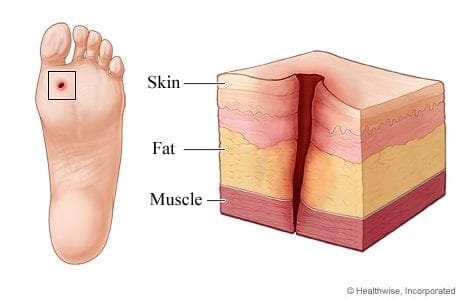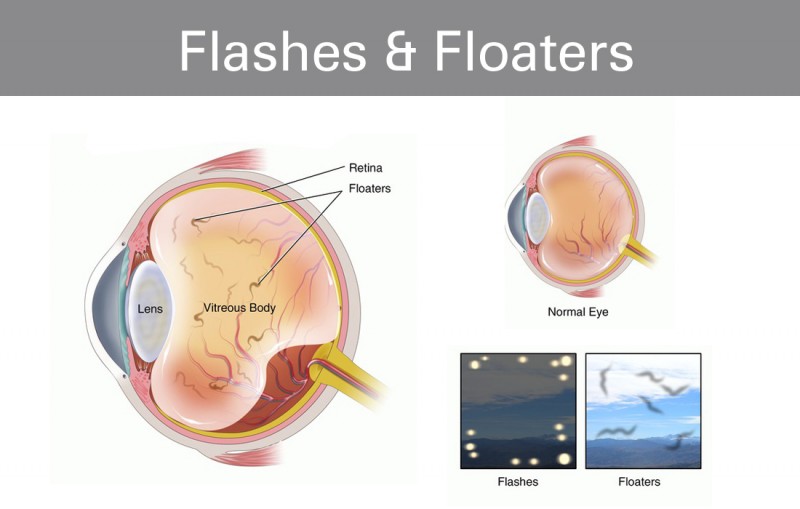Rusty Nail Risks - The Hidden Dangers of a Seemingly Minor Mishap

The Unexpected Threat of Rusty Nails
Stepping on a rusty nail can lead to a range of health issues, from minor discomfort to serious infections. While it may seem like a minor mishap, the consequences can be severe and long-lasting.
Rusty Nails and Tetanus Infection
Rusty nails can harbor tetanus bacteria, leading to tetanus infection if left untreated. Tetanus is a bacterial infection caused by Clostridium tetani, which can enter the body through a puncture wound. If you step on a rusty nail and don't receive proper treatment, you're at risk of developing tetanus.
Potential Health Risks
Some potential health risks associated with stepping on a rusty nail include:
- Mild to severe pain and swelling around the wound
- Redness and warmth around the affected area
- Pus or discharge from the wound
- Fever and chills
- Swollen lymph nodes
- Tetanus infection, which can lead to muscle stiffness, spasms, and rigidity
Prevention and Treatment
To avoid the risks associated with rusty nails, take precautions when working with or around potentially rusty materials. If you do step on a rusty nail, seek medical attention immediately. Your doctor may recommend:
- Wound cleaning and dressing
- Tetanus shot or booster
- Antibiotics to prevent infection
- Pain management medication
The Risks of Tetanus Infection
Tetanus infection is a potentially life-threatening condition that can arise from a rusty nail injury. The bacteria Clostridium tetani, commonly found in soil and rust, can enter the body through an open wound, leading to a range of severe symptoms.
Initial Symptoms
The initial symptoms of tetanus infection may seem minor but can rapidly escalate into a serious condition. These include:
- Muscle stiffness, particularly in the jaw, neck, and abdominal muscles
- Muscle spasms, which can be excruciatingly painful
- Rigidity, leading to stiffness and immobility
Complications of Untreated Tetanus
If left untreated, tetanus infection can lead to severe and potentially fatal complications, including:
- Respiratory failure, resulting from muscle spasms that constrict the airways
- Cardiac arrest, due to the strain on the heart from muscle rigidity and spasms
It is crucial to seek immediate medical attention if you suspect a tetanus infection. Prompt treatment can significantly reduce the risk of complications and ensure a full recovery.
Other Potential Complications
Rusty nail injuries can lead to more severe complications beyond tetanus and infection. It's essential to be aware of these potential risks to seek medical attention promptly.
Bacterial Infections
Rusty nail injuries can also lead to abscesses, cellulitis, and other bacterial infections. These infections can spread quickly, causing severe symptoms like redness, swelling, increased pain, and pus. If left untreated, bacterial infections can lead to sepsis, a life-threatening condition.
Long-term Nerve Damage or Chronic Pain
In rare cases, rusty nail injuries can cause long-term nerve damage or chronic pain. This can occur if the nail punctures a nerve or causes significant tissue damage. Nerve damage can lead to numbness, tingling, or persistent pain in the affected area, while chronic pain can impact daily activities and quality of life.
Prevention and First Aid
Protecting Yourself from Rusty Nail Risks
While rusty nail injuries may seem like a minor mishap, they can lead to serious health complications if left untreated. However, with some basic precautions and knowledge of first aid, you can minimize the risks associated with rusty nail injuries.
Prevention is Better than Cure
Wearing protective footwear and being mindful of your surroundings can help prevent rusty nail injuries. When working with tools or handling sharp objects, it's essential to wear sturdy shoes or boots that cover your feet completely. Additionally, being aware of your environment and watching out for potential hazards like rusty nails can go a long way in preventing accidents.
First Aid for Rusty Nail Injuries
In the event of a rusty nail injury, immediate first aid is crucial in reducing the risk of infection. Here are some steps you can follow:
- Clean the wound: Rinse the affected area with clean water and mild soap. Remove any debris or dirt that may have entered the wound.
- Dress the wound: Apply a topical antibiotic ointment and cover the wound with a bandage or dressing. This will help keep the wound clean and protect it from further irritation.
By taking these simple precautions and knowing how to administer basic first aid, you can significantly reduce the risks associated with rusty nail injuries. Remember, it's always better to be safe than sorry, and a little caution can go a long way in protecting your health and well-being.
Seeking Medical Attention
If you've had the misfortune of stepping on a rusty nail, it's crucial to take immediate action to prevent potential health risks. Seeking medical attention within 24 hours is vital to ensure your well-being.
Why Prompt Medical Attention is Necessary
When you step on a rusty nail, the risk of infection increases significantly. Rusty nails can harbor tetanus bacteria, which can cause serious health issues if left untreated. Additionally, other bacteria like Staphylococcus and Streptococcus can also cause infections.
What to Expect from Medical Attention
When you visit your doctor, they will assess the wound and provide necessary treatment. This may include:
- Administering a tetanus shot to prevent tetanus infection
- Prescribing antibiotics to prevent or treat bacterial infections
- Cleaning and dressing the wound to promote healing and prevent further infection
It's essential to follow your doctor's advice and attend any follow-up appointments to ensure the wound heals properly and no further complications arise.















Comments ()